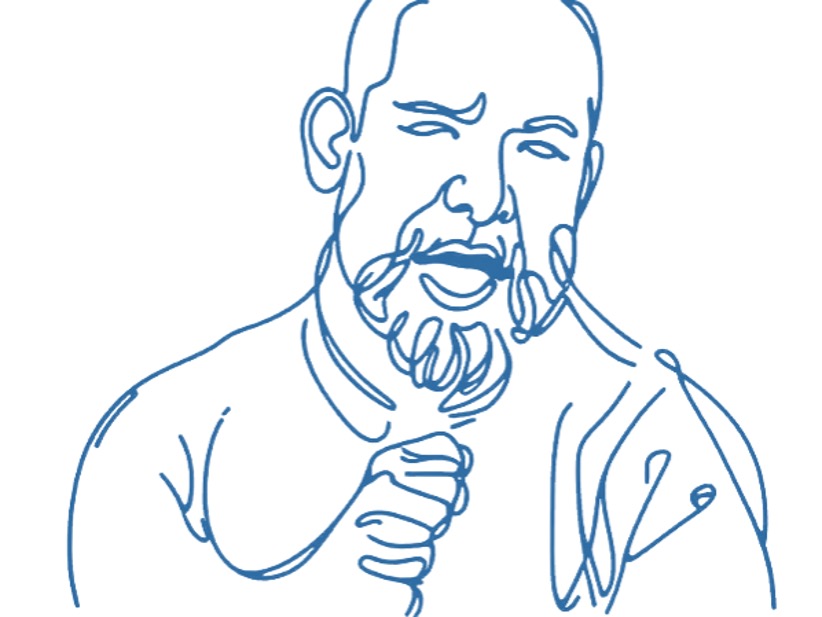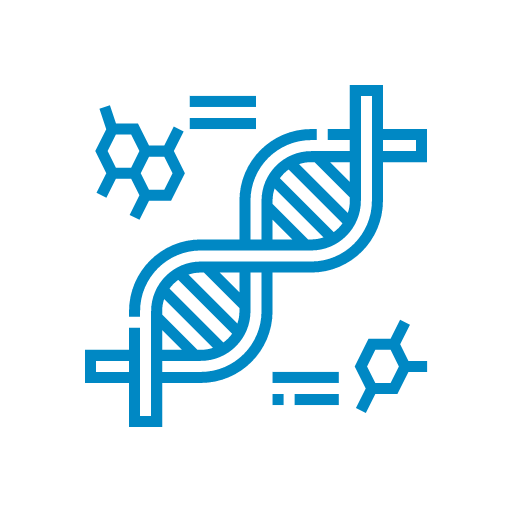Home / Antisocial Personality Disorder
Antisocial Personality Disorder
Antisocial Personality Disorder is serious and treatable. Learn more about its underlying causes and explore strategies for managing and improving outcomes for individuals affected by this condition.
What is Antisocial Personality Disorder?

Antisocial personality disorder (ASPD) is a disorder of aggression that can occur in adults. People who have antisocial personality disorder break rules and laws, manipulate and lie to people, and act recklessly or irresponsibly. They may start fights or assault people. After they hurt people or break rules, they may not show any remorse.
Scientists believe that about 1-4% of people have antisocial personality disorder. It is much more common in men than women. Men are three to five times more likely than women to have antisocial personality disorder.
This disorder is not diagnosed in children. Children who show frequent antisocial behavior are diagnosed with conduct disorder or oppositional defiant disorder. If these behaviors continue into adulthood, then antisocial personality disorder may be diagnosed.
Psychopathy
Many people with antisocial personality disorder also have psychopathy. These two disorders have many overlapping features, such as being deceitful, reckless, impulsive, and remorseless. But they are not identical. Antisocial personality disorder mostly reflects antisocial behaviors, whereas psychopathy mostly reflects antisocial personality traits. People with psychopathy show little empathy and may seem cold or uncaring when others are suffering. They often seem fearless and take a lot of risks. They may be charming but also brag a lot and believe they are better than other people. People with more severe antisocial personality disorder are more likely to also have psychopathy.
Learn the Signs of Antisocial Personality Disorder
A sign is an objective, observable behavior or trait that can be recognized by other people. Signs of antisocial personality disorder include:
- Breaking rules and laws
- Being aggressive and hostile
- Lying to or manipulating people to get things or for enjoyment
- Being impulsive and reckless
- Not showing remorse after hurting someone
Signs of psychopathy include:
- Callousness and lack of empathy
- Having trouble maintaining relationships, including friendships and romantic relationships
- Not caring about performance in school or work
- Doing things that are risky or dangerous
What Causes Antisocial Personality Disorder?
The causes of antisocial personality disorder are complex. People who are at risk for this disorder are more impulsive and may be less concerned about the consequences of breaking rules or hurting people. They may get angry more easily than other people. These differences may result from differences in their brain that cause them to have more difficulty controlling their behavior and following rules.
A major risk factor for antisocial personality disorder is having had conduct disorder or oppositional defiant disorder as a child. These disorders are considered neurodevelopmental disorders, meaning the brain is developing differently than it does in typical children. These differences cause persistent problems with thinking, emotions, and behavior that can persist into adulthood.
Like other disorders of aggression, antisocial personality disorder results from a combination of both genetic and environmental factors (“nature” and “nurture”).

Genetic Risk Factors
Genetic factors account for over half (50%) of the risk that a person will develop antisocial personality disorder. This means a person is more likely to develop antisocial personality disorder if they have one or more biological relatives who also had this disorder (or another disorder of aggression). One sign that a person is at high genetic risk for antisocial personality disorder is a low resting heart rate.
There is no “antisocial personality disorder gene.” Many thousands of genes affect human brain functioning. People with antisocial personality disorder may carry an unusually high number of genetic variants that increase their risk of developing the disorder. Some of these genes may affect the way the person responds to specific events like being frustrated or punished.

Environmental Risk Factors
Some environmental risk factors for antisocial personality disorder affect how the brain develops, or how a person learns to behave during childhood. They include:
- Having a family member with a substance use disorder or disorder of aggression
- Being abused or neglected
- Doing poorly in school
Environmental risk factors in adulthood that are associated with risk for antisocial personality disorder include:
- Being male
- Having been in jail or prison
- Abusing drugs or alcohol
Risk factor or cause?
A risk factor is not the same as a cause. Some people may have environmental risk factors for antisocial personality disorder but not develop the disorder. Some people with antisocial personality disorder do not have any environmental risk factors.
Untangling whether a risk factor causes a disorder or is caused by the disorder (or neither) can be challenging. For example, a person who was abused by a parent might be at risk for antisocial personality disorder because they share genes with the violent parent, because they learned violence by experiencing it, or a combination of both. Another example is that abusing drugs can cause people to be aggressive or break rules or laws. However, people with antisocial personality disorder are more likely to abuse drugs in the first place because they are less concerned about breaking laws and rules.
How is Antisocial Personality Disorder Diagnosed?
If you are concerned that you or someone you know may have antisocial personality disorder, ask your doctor for a referral to a psychologist or psychiatrist. These are experts in diagnosing disorders such as antisocial personality disorder.
Many people with antisocial personality disorder do not want to be diagnosed or treated, or do not believe that treatment can help them live a better life. Sometimes people with this disorder do not recognize how harmful their behaviors are. So it is important to find a psychologist or psychiatrist who is an expert in diagnosing and treating people with this disorder. If you are having trouble finding a psychologist or psychiatrist, please see our provider list.
A psychologist or psychiatrist will also screen for other mental health conditions like substance use disorders and other personality disorders that are common in people who have antisocial personality disorder.
Sometimes mental health professionals avoid giving someone a diagnosis of antisocial personality disorder because they are worried the patient will be unhappy about the diagnosis. Some mental health professionals also incorrectly believe that antisocial personality disorder is untreatable. But antisocial personality disorder can be treated. Receiving an accurate diagnosis is important for selecting the best treatment.
How is Antisocial Personality Disorder Treated?
Antisocial personality disorder is treatable. This means that there are therapies and medications that can reduce symptoms of antisocial personality disorder.
Psychotherapy
The most recommended treatment for antisocial personality disorder is a type of psychotherapy called cognitive-behavioral therapy. Cognitive behavioral therapy is a structured, goal-oriented form of talk therapy. It is like physical therapy for the mind. Physical therapy teaches people strategies for handling physical stress (for example, how to lift heavy things) to reduce pain and injury. Similarly, cognitive behavior therapy teaches people better strategies for responding to social stress, conflict, and frustration to help reduce anger, aggression, and other symptoms.
Another type of psychotherapy that may help people with antisocial personality disorder improve is schema therapy. Schema therapy involves identifying unhelpful patterns of thinking, feeling, and relating to other people and replacing them with more helpful thoughts and habits.
Medication
No medications have been specifically created to treat antisocial personality disorder. However, some medications that have been developed to reduce aggression in people with other disorders may also help some people with antisocial personality disorder. These include antipsychotic and antidepressant medications.
References
For more information about antisocial personality disorder, please see these references:
- American Psychiatric Association (2022). Antisocial personality disorder: Often overlooked and untreated.
- Black, D. W. (2017). The treatment of antisocial personality disorder
- Cleveland Clinic (2023). Antisocial personality disorder (ASPD)